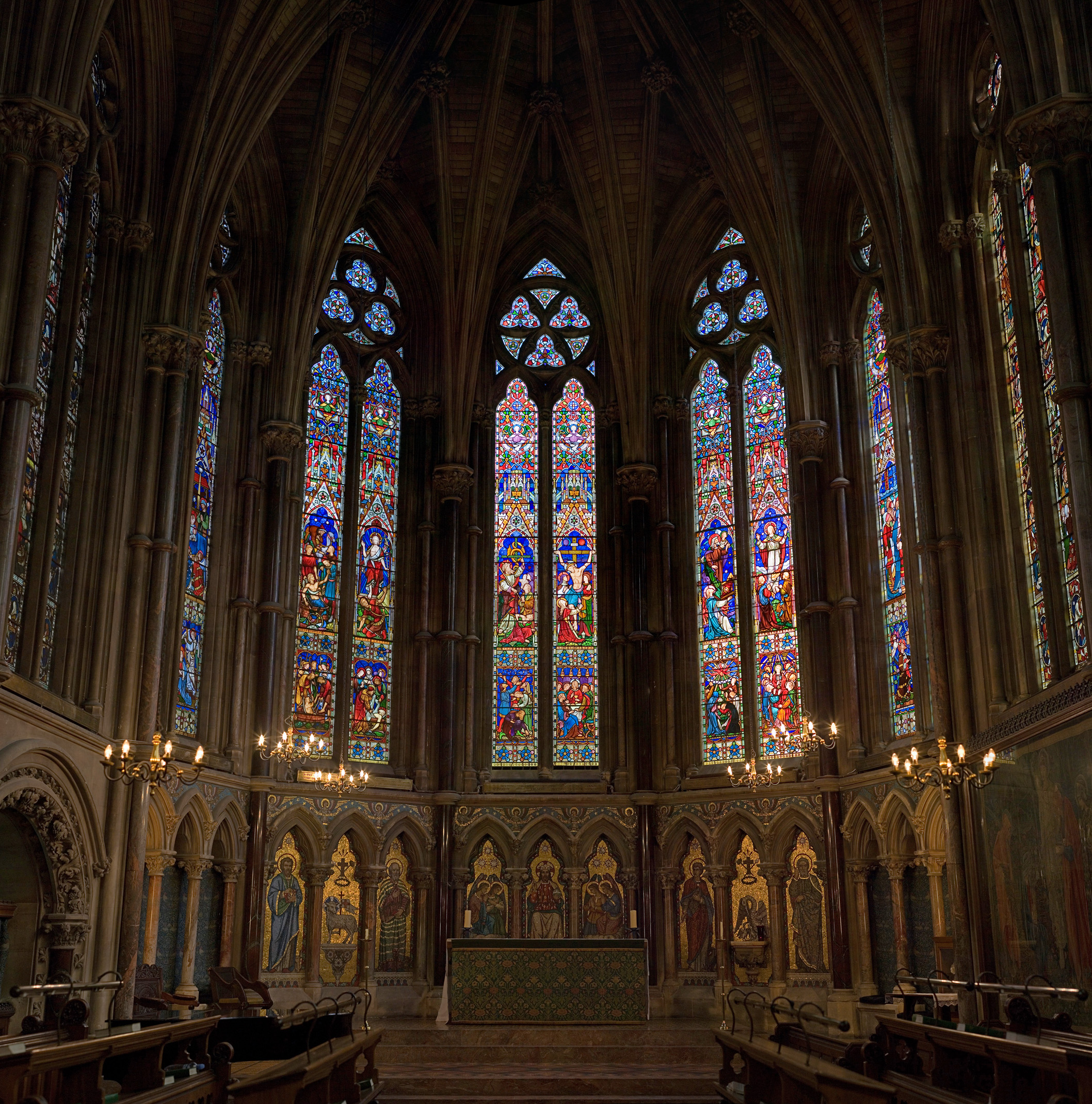For a start, there's the phrase "one weekend", which you can see in the image on the right. The book is essentially marketed as a psychological thriller (see dramatic lighting and mysteriously back-turned figures on the cover), and it tends towards this in the later stages, but it spends a chunky amount of time doing some quite admirable exposition, exploring who the "four friends" are and narrating some scenes in a lot of detail, before we get to the "weekend". In the thriller mode, it does end up being the weekend -- a spiritual retreat to a country house -- that is important, but in terms of the wider questions this book poses, I think the early stages are just as important.
The other thing that annoyed me is the use of the word "cult", which appears twice on the back of the book, both in the blurb and in a quotation from the Daily Mirror. I therefore expected to read a book about something like Scientology, or a live-in commune -- and, more importantly, I expected Preston's portrayal of it to be very much an exposé of its evils and the way it ruins people's lives. In fact, the "cult", which is called The Course, is an evangelical strain of Christianity seeking to convert people who are struggling to find meaning in life, and there are several instances in the book where it seems to do great good.
 |
| Exeter College Chapel, Oxford |
I still haven't worked out what the author's personal position on this is, and obviously there's a debate to be had on whether it matters. In the acknowledgements, Preston refers to Karen Armstrong's The Case for God as "remarkably sane", and references some "bizarre spiritual excursions". It is tempting to view this as a closed-minded approach to something which has brought a lot of benefits for a lot of people, both intellectually and emotionally, but luckily the novel does make an attempt to explore these benefits properly.
My biggest problem with the book is the character of Lee, a (female) PhD student researching female mystics such as Julian of Norwich and Margery Kempe. There is a colloquial lit-crit term, a "Mary Sue", which is relevant here: a female character who is so perfect as to be two-dimensional, usually a wish-fulfilment fantasy for the (female) author. The term emerged from fan-fiction, but I have found several instances of where it is applicable to mainstream fiction, and this is sort of one of those cases.
Lee is not a Mary Sue in the traditional sense, but she certainly seems a fantasy to me compared to the other three characters. Mouse, Lee's closest friend, describes her thus:
Everyone who met her thought she was this wonderful, lively girl. Those eyes ... I'd see people look into her eyes and be transported. But behind it all she was struggling with terrible demons, unable to face the world.This quotation exemplifies another problem with the book -- unrealistic, over-angsty dialogue -- but it was the characterisation of Lee that really irritated me. She is very skinny, highly intelligent, super-promiscuous, and above all deeply troubled. One (male) character is in love with her, another is hopelessly sexually fascinated by her.
Now, if I met Lee and she behaved the way she behaved in the book, I'd find her really bloody difficult. She is clearly very depressed, but no one seems to want to help her (unless sleeping with her/ going down on her/ secretly masturbating while she swims naked counts), and almost no one expects her to take responsibility for her actions (except, interestingly, David, the leader of the Course, and one other fairly minor character). The implication is that she can't be expected to behave properly or discuss her actions or seek help, because she's just got all these problems, you know, and, like, we just can't ever understand them, and one day she might kill herself, but hey, that's just who she is. It's deeply infantilising, and it romanticises mental illness in a way I find really distasteful.
 |
| 'Universally Speaking' is the second track on the album By the Way. |
In short, whilst this is an intelligent book in many ways, I felt short-changed as a reader by being forced to regard this character in such a misty-eyed way. Lee represents the intellectual approach to religion in the novel, and I hoped to see a serious consideration of the fact that many, many highly intelligent people (including many academic professors) are religious. Instead we get a rather lazy association between visionaries and mental illness, and a view of the latter that sits uncomfortably and unconvincingly between science and sentimentality. Recommended if you're interested in the issue of modern religion -- but otherwise, probably not.

No comments:
Post a Comment